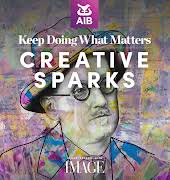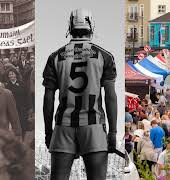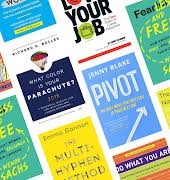
By Edaein OConnell
23rd Oct 2018
23rd Oct 2018
We all know that Donald Trump is stressful, but now we have substantial proof. A psychological study carried out at the San Francisco State University has found that 25% of young people saw the 2016 US election as a ‘traumatic experience’.
The election had such a severe impact that it caused symptoms that are often seen in those with post-traumatic stress disorder. “What we were interested in seeing was, did the election for some people constitute a traumatic experience? And we found that it did for 25 per cent of young adults,” said Melissa Hagan, an assistant professor of psychology at San Francisco State University.
After the election, Hagan and her colleagues knew that the election had had a substantial effect on their students. A series of surveys which were carried out at the time proved their suspicions to be true, but the survey missed out on how that stress grew to interfere with peoples lives; particularly with things like work and education.
The team surveyed a total of 769 students in January and February of 2017. Each student filled out a psychological assessment called the ‘Impact of Event Scale’, with questions tailored to the 2016 election. “The scale is used to gauge the extent to which individuals have been impacted by an event in such a way that it might lead to diagnosable post-traumatic stress disorder,” explained Hagan.
25% of those students showed “clinically significant” levels of stress. The average stress score was proportionate to the scores of witnesses to a mass shooting event seven months after the event. The impact of this stress was particularly powerful on black and no-white Hispanic students. Gender, religion and political affiliation played an even more critical role in the level of stress present in an individual.
The long-term effects of Trump’s election cannot be identified, as the survey was only taken once. However, the results show that political incidences should now be identified as a stress trigger in universities.
Hagan and her colleagues believe that the shock of Trump’s election was what made the whole process a stress inducer. And the overall divisive tone of that period is another major factor. “There was a lot of discourse around race, identity and what makes a valuable American. I think that really heightened stress for a lot of people,” said Hagan.
The team published their full results and report in the Journal of American College Health.























